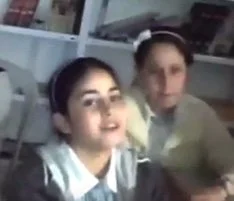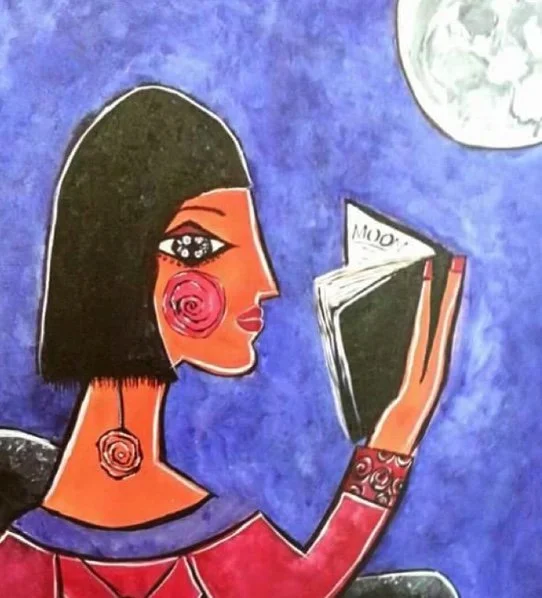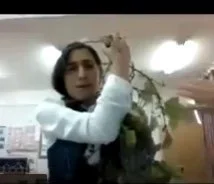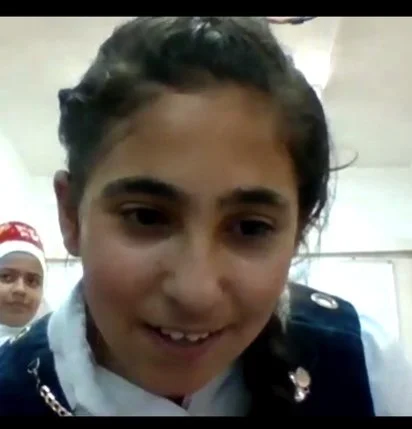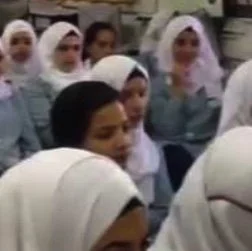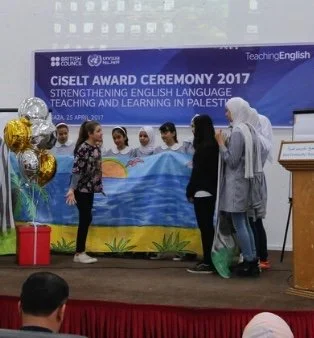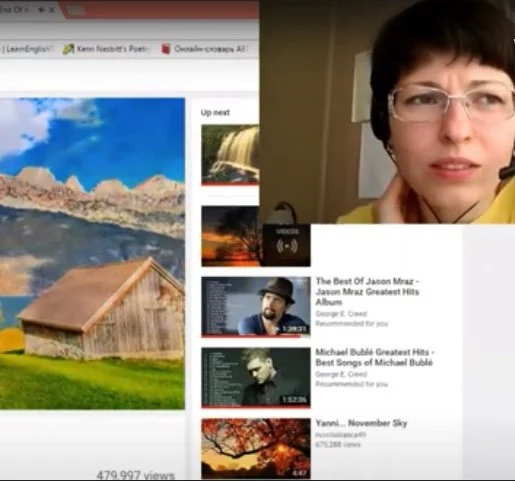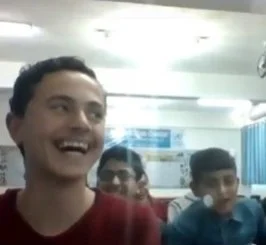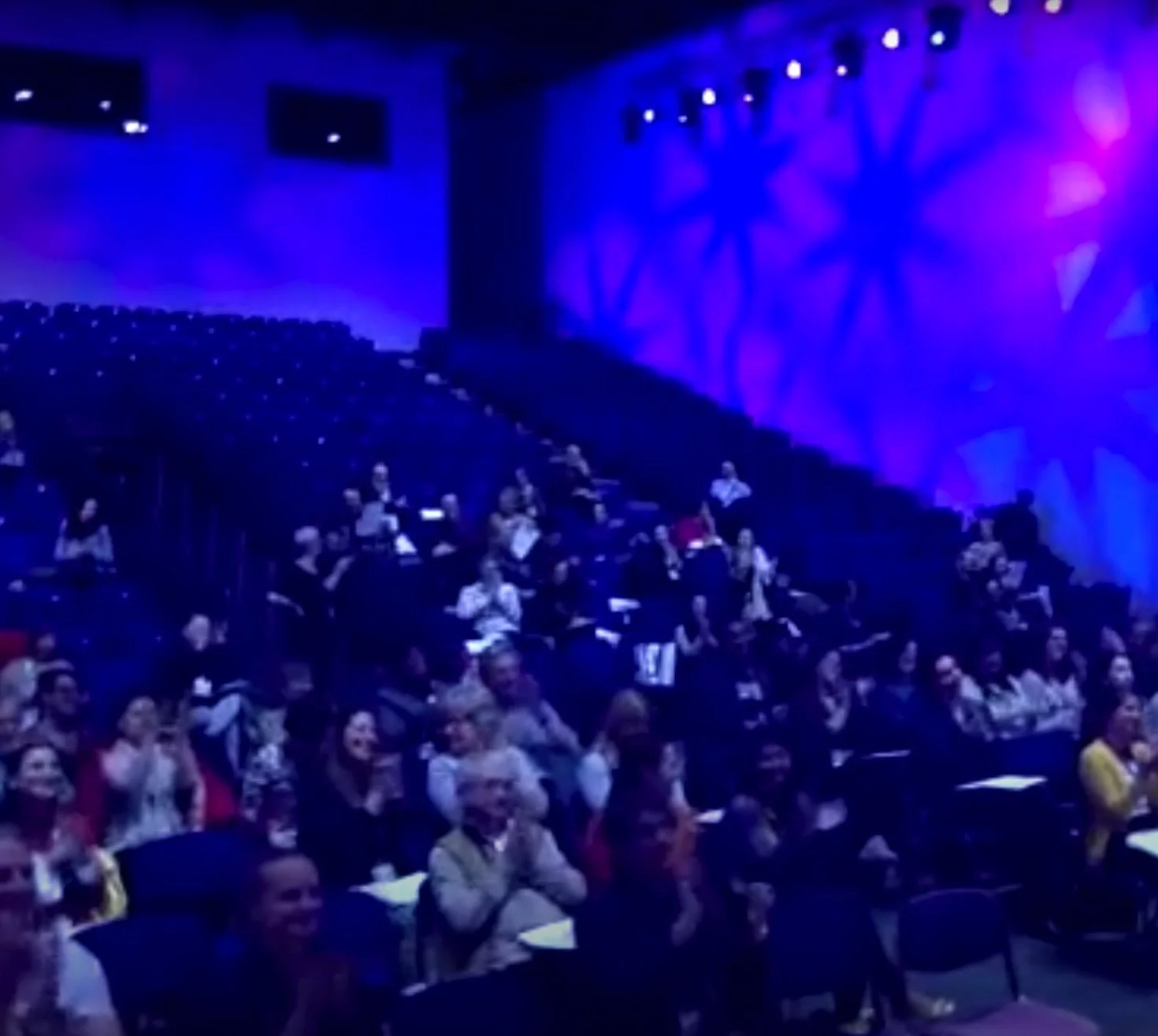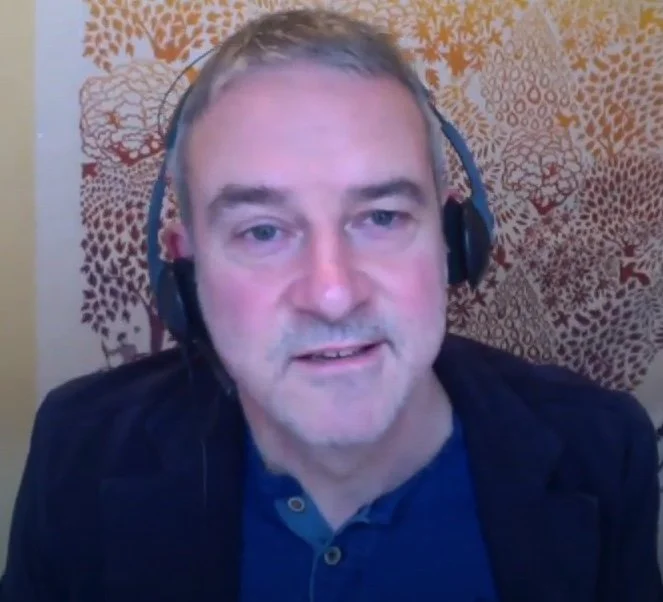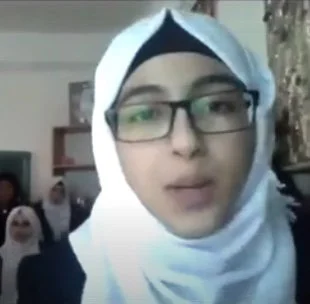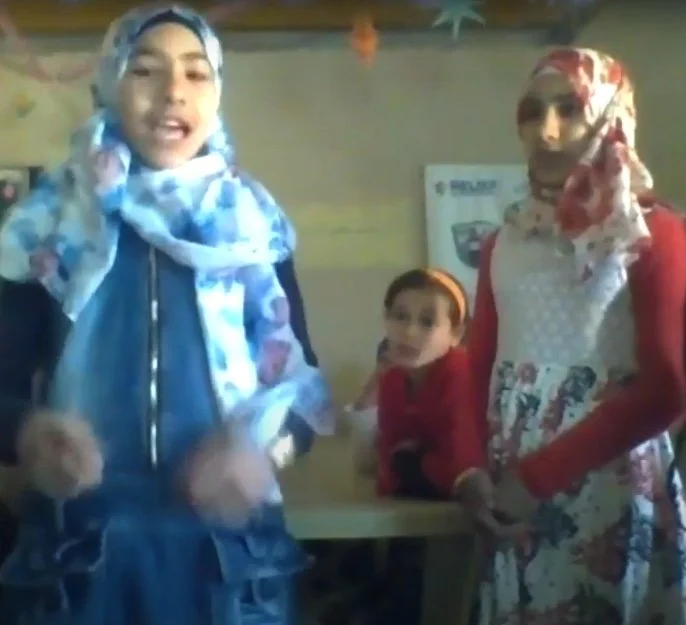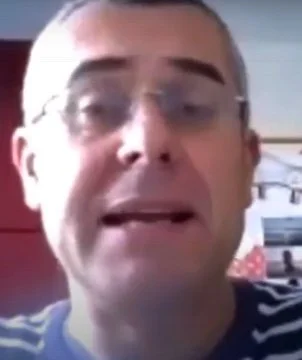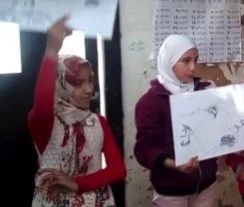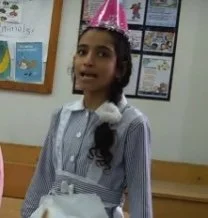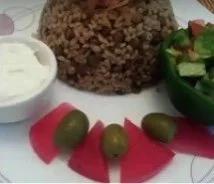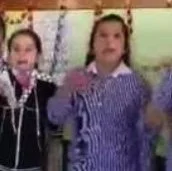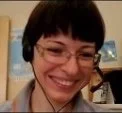This week we have another guest post from ELT author, teacher trainer and long- term Hands Up Project volunteer, Paul Dummet. Over to you Paul....
Read MoreI was disappointed not to be able to go to the Palestine Expo which took place at the Queen Elizabeth centre in the heart of London, this weekend. This was a huge event, expected to be attended by up to 10.000 people, celebrating Palestinian culture including music, cookery, storytelling and other spoken word events. I'd planned to go but at the last minute something came up and I couldn't make it. I hope it was a huge success.
Read MoreIn previous posts on this blog, I've written about the importance of activities which combine controlled and freer language use; the kind of thing where learners get repeated, controlled practice of areas of language, but also where they have opportunities to use language to share their opinions and personalities with the people around them - what we might call genuine communication.
Read MoreA few weeks ago, I announced that the Hands Up Project will be running a play writing competition for young learners in Palestine.
Read MoreThis week we have a guest post by one of the latest teachers to join our ever expanding pool of volunteers around the world, Emi Slater. What Emi writes fits in very well with the current trend in the work of the Hands Up Project to focus more on children creating stories, rather than merely consuming them. Over to you Emi...
Read MoreAfter working online with so many different groups of children and their teachers in Gaza over the past two years, it was such a joy to meet some of them face to face last week when I finally managed to get there in person. The British Council and UNRWA organised a wonderful conference where Scott Thornbury and I both gave plenary workshops for the 250 Gazan teachers of English who attended.
Read MoreHere's a post by Sahar Salha in Gaza and Alex Guzik in Russia, which shows the wonderful way that teachers are working together to produce very effective classes for children through the Hands Up Project.
Read MoreThe other day I found myself suddenly having to cover an online session in Gaza because I'd forgotten that one of our volunteers wasn't able to make it. I didn't have any specific plans so I began by asking the boys what they would like to do in the session
Read MoreAnyone who came to my talk about drama at IATEFL, Glasgow on Tuesday will have seen two groups of children performing two traditional Palestinian stories (Jbene and The farmer who followed his dream) live and remotely from the UNRWA field office in Gaza city.
Read MoreI've always liked Total Physical Response (TPR) as as an approach to language learning. It's a safe and relatively unchallenging activity for learners, but at the same time it provides them with lots of meaningful and highly memorable language exposure
Read MoreThis week another Hands up project volunteer, SIBEL KARATAŞ, a teacher of Turkish and English based in Berlin writes about her experiences working with a large girls group in Hebron, Occupied Palestine…
Read MoreThis week we have something rather special - a guest post from Jane Willis. Jane has been a supporter of the Hands Up Project for a long time and is on the advisory panel - offering us support in bringing task based learning into the work that we do. Over to you Jane....
Read MoreI’m very proud of what the Hands Up Project has achieved in the last 2 years. We now have around 15 different groups of children in Palestine, Jordan and Pakistan (some quite small and some with up to 80 participants!) and we're connecting to them each week to do online sessions.
Read MoreIn 1990, when I first took some training to be a teacher of English as a foreign language, we were strongly encouraged to use the PPP (Presentation, Practice, Production) framework for planning lessons. Here's a reminder of how it works...
Read MoreI've always been very keen on information gap activities; the kind of thing where students work in pairs and where one student has one set of information and the other student has a different set and they have to communicate to somehow pool what they know. The classic example of this is 'Spot the differences'.
Read MoreWe have another guest post this week - this time from not just one teacher but two! Alexandra Guzik, teaches English at the Follow me to English school in Krasnodar, Russia and Sahar Salha teaches at the Elementary co-ed “A” UNRWA school in Beit Hanoun, Gaza. This post is about a really nice cross cultural learning experience that they set up through the Hands Up Project.
Read MoreA few years ago I attended a really interesting talk by Jane Willis at an IATEFL conference somewhere. The talk was about using task based learning in challenging circumstances, and there was a point when one of the teachers in the audience was telling everyone about her particular challenge of trying to get learners to use English (rather than mother tongue) to do group work tasks in the large classes of low level learners that she taught.
Read MoreThis week we have a guest post from Henritte Sudah, who teaches English at Zababdeh girls secondary school, Jenin, Palestine.
Read MoreOver the past two months, along with doing lots of online sessions myself, I've been running several series of online training sessions with dedicated teachers in many different places around the world, who have given up their time to volunteer with the Hands Up Project.
Read More
